Publications
Articles, publications, books, tools and multimedia features from the U.S. Institute of Peace provide the latest news, analysis, research findings, practitioner guides and reports, all related to the conflict zones and issues that are at the center of the Institute’s work to prevent and reduce violent conflict.
Eye on Egypt and the Middle East
The U.S. Institute of Peace continues to follow the developments in Egypt and the Middle East. Read about USIP's work on Christian-Muslim relations in the Middle East, work on national security issues, democratization, and more.
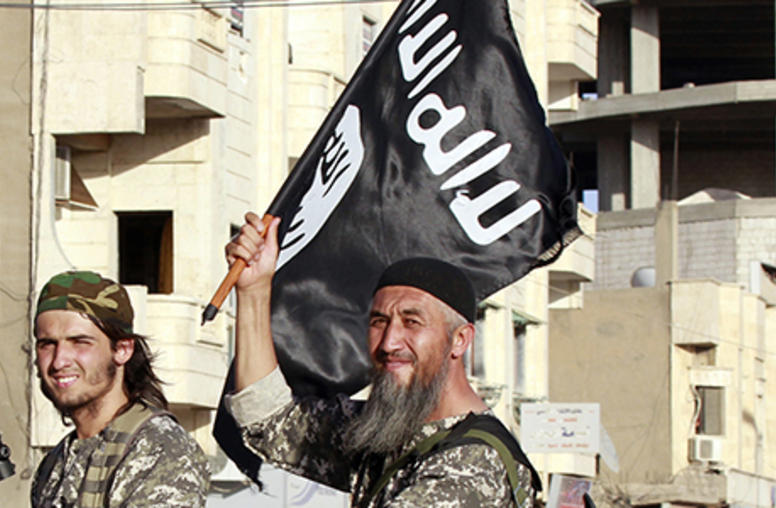
The Jihadi Threat 6: Policy Considerations
The Muslim world is in a deep state of flux. A confluence of trends—ideological, geostrategic, sectarian, demographic, economic, and social—will shape the future of jihadism. In crafting policies to deal with jihadi movements, the United States and its allies face complex challenges. They cannot fight terrorism by simply “fighting” terrorism. Military means can disrupt, but they can’t permanently dismantle or reverse a trend initially spawned by deep political discontent.
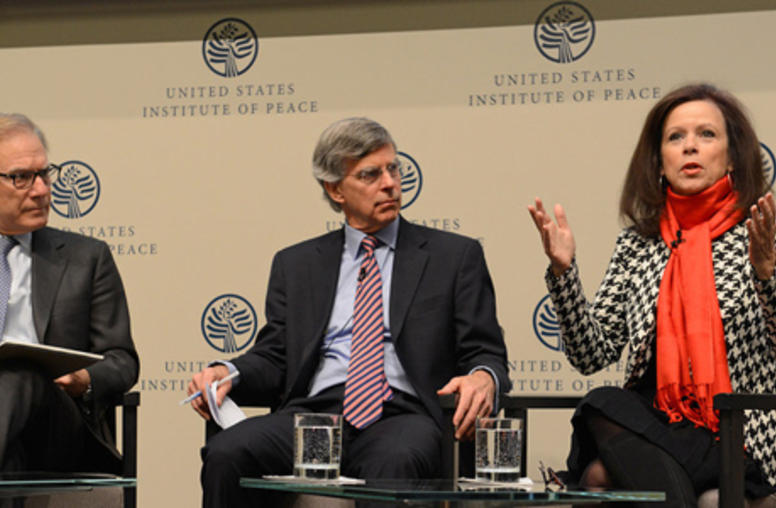
Wright, Ignatius Analyze Iran Developments
Prospects for a long-term nuclear deal with Iran are better today than in decades because of a new government of “realists,” growing social problems and economic pressure, according to two veteran journalists who recently returned from Iran. But they also told an audience at the U.S. Institute of Peace (USIP) on January 9 that a final breakthrough faces tough opposition in both Iran and the United States.
President Obama: U.S. Supports Democratic Movements in the Middle East and North Africa, Pushes for Middle East Peace
President Barack Obama, in a wide-ranging policy address on the Middle East and North Africa, put U.S. support squarely behind the pro-reform, democratic movements reshaping the region and called for continued U.S. efforts to support Israeli-Palestinian peacemaking.
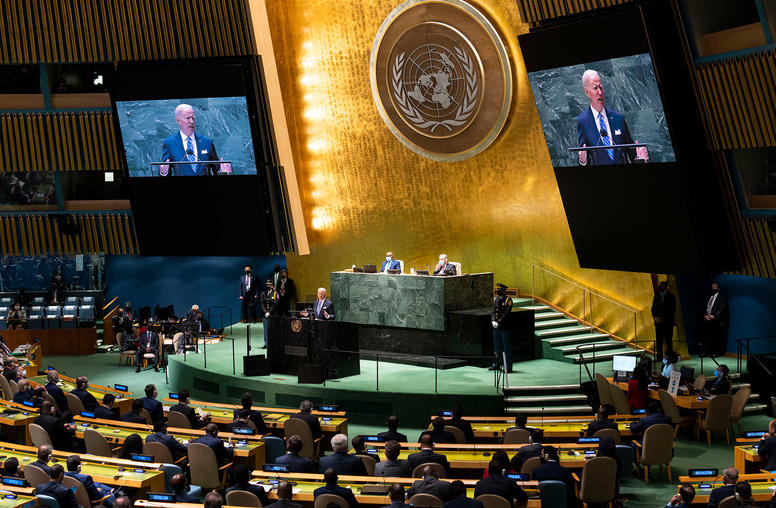
On Ukraine, Africa Needs a Clearer U.S. Message
As democracies rally to defend an international rules-based system against Russia’s brutal attack on Ukrainians, the United States should forge an alliance with African partners by committing with them now to resolve the Ukraine crisis in a way that makes that system fairer and more inclusive. One early step is for U.S. and other policymakers to highlight the core of this conflict: The 44 million Ukrainians are fighting to govern themselves freely within their internationally recognized borders — a cause that is viscerally real to billions of people across Africa and the “global south.”
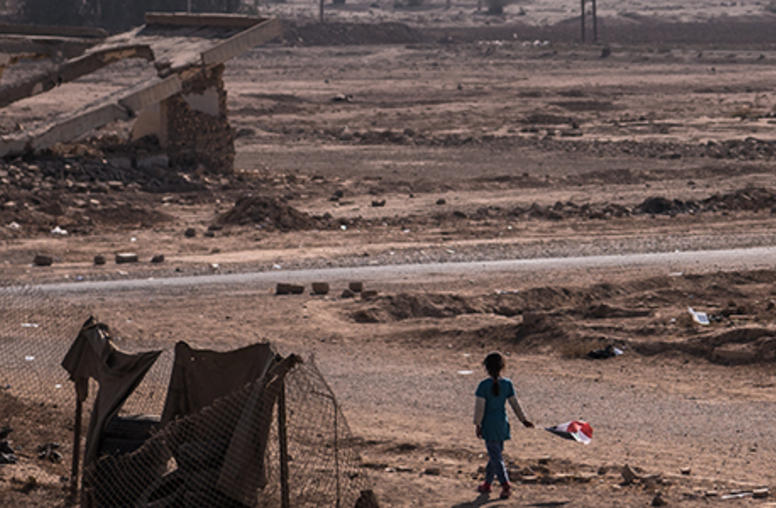
From ISIS to Al-Qaida: The Changing Extremist Threat
The Islamic State may be crumbling across Iraq, but the future prospects of violent extremist groups are far from fading. While ISIS rampaged across Iraq and Syria in 2014, setting up a terror-based regime to impose its will, a revitalized al-Qaida was taking a different, more sustainable approach by grafting itself onto local extremist groups, experts said in a forum at the U.S. Institute of Peace that also examined community approaches to preventing and countering violent extremism. Al-Qaid...
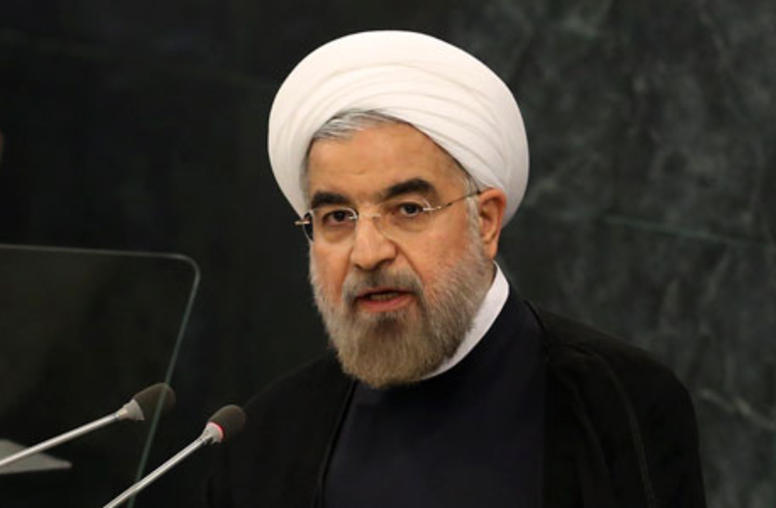
Icebergs Ahead
The interim nuclear deal with Iran was huge -- but a permanent solution is going to be much, much harder to reach. By Thomas Omestad
Assessing the Utility of New Sanctions on Iran
Senior fellow George Lopez testified before the House Oversight and Government Reform Subcommittee on National Security and Foreign Affairs on December 15, 2009 about the effectiveness of sanctions against Iran.
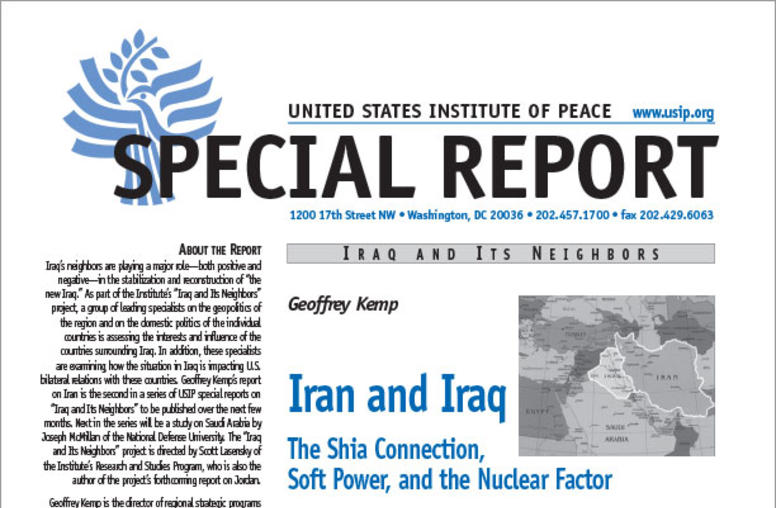
Iran and Iraq: The Shia Connection, Soft Power, and the Nuclear Factor
Summary Predominantly Shiite Iran emerges from the aftermath of Saddam Hussein's fall with considerable power and influence in Iraq as Iraqis themselves struggle to acquire a semblance of unity and forge a new political order acceptable to Iraq's three key groups: Shia, Kurds, and Sunnis. Iran's leaders meet with Iraq's most influential personality, Grand Ayatollah Ali al-Sistani; American diplomats do not meet with Sistani. Iraq's new elected leaders make visits to Tehran and negotia...